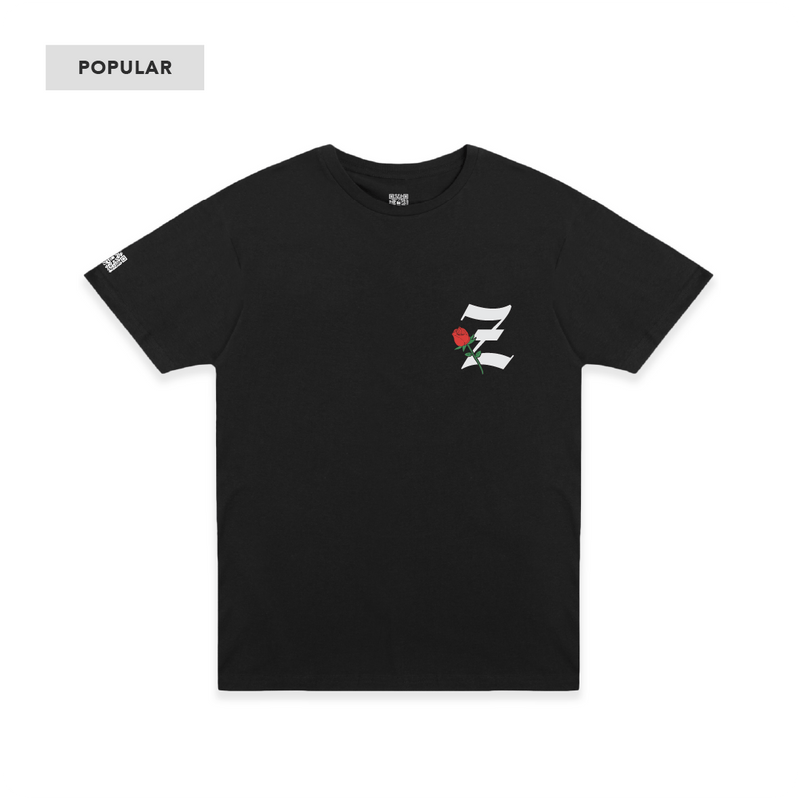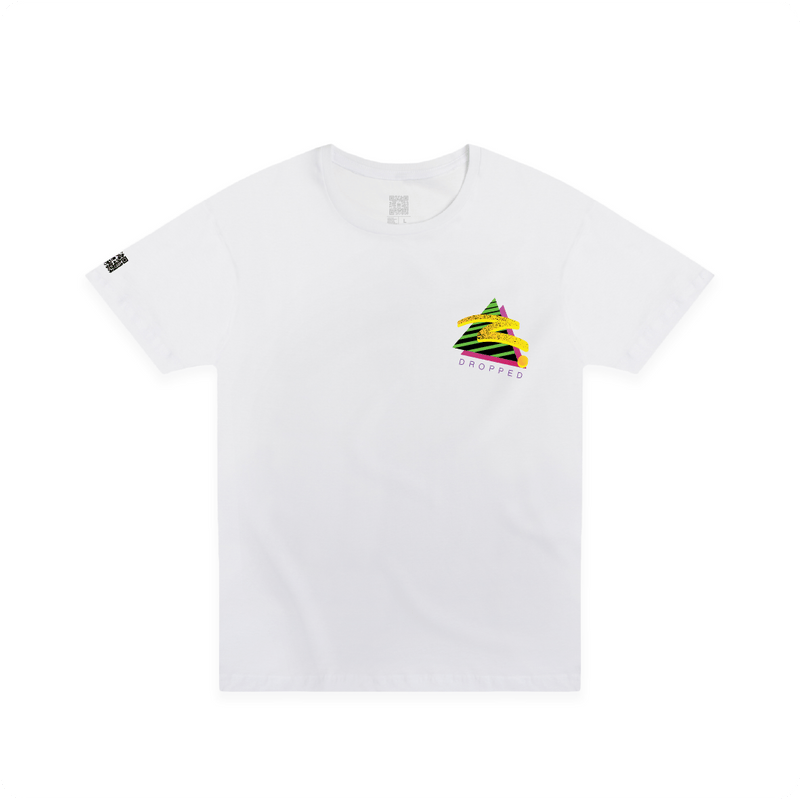Summary:
Fast fashion just got hit with a legal bombshell — and it's about time. In a groundbreaking move, France has officially made it a crime for influencers to promote ultra-fast fashion brands, putting major pressure on the global fashion industry and shaking up how marketing works in the age of Instagram and TikTok.
This decision isn’t just about holding influencers accountable. It’s a huge step forward in the fight against the environmental and human rights abuses that fuel fast fashion. But what does this mean for consumers, other brands, and the future of ethical style?
Let’s break it down.
What Did France Just Do?
France passed legislation banning paid influencer promotion of ultra-fast fashion—think brands that pump out thousands of low-cost garments each week, often made in sweatshop-like conditions and sold for pennies on sites like Shein or Temu.
If influencers are caught promoting these brands, they can now face fines and even jail time.
This law is part of a broader push by the French government to combat the environmental destruction and social exploitation tied to fast fashion, which is one of the most polluting industries in the world.
Why This Matters for Consumers
For years, fast fashion brands have relied on influencer culture to drive massive sales—targeting young, impressionable audiences with cheap, trendy clothes that are worn once and tossed. The problem? That $5 top comes at a much higher hidden cost:
- Environmental devastation (fast fashion contributes to over 10% of global carbon emissions)
- Toxic textile waste clogging up landfills and oceans
- Human rights abuses in factories where workers are paid far below living wages
By cutting off influencer promotions, France is targeting the cycle of overconsumption at its core—and sending a message to consumers: style shouldn't come at the cost of people or the planet.
How This Impacts Other Brands and Influencers:
This new law forces both influencers and brands to rethink their values. It pressures companies to adopt ethical and sustainable practices or risk being labeled publicly—and legally—as exploitative.
For influencers, the stakes are now higher. Promoting the wrong brand doesn’t just mean backlash—it could mean criminal charges. Many creators are now pivoting toward slow fashion, upcycled fits, and small independent labels that align with eco-conscious values.
For ethical brands, this is a massive opportunity to rise.
Why We Should All Care:
Let’s be real: Fast fashion has made it too easy to buy cheap, disposable clothes without thinking about where they come from or who made them. But the consequences are real—and they’re global.
France's bold move is a reminder that we, as consumers, have power. Every purchase is a vote for the kind of world we want to live in.
If we want cleaner air, less waste, and basic human rights for garment workers, we need to stop feeding the machine.
Support Small. Shop Ethical. Choose Brands That Care.
At ZDROPPED, we’re not here for the hype—we’re here for the future. We believe in sustainable streetwear, designed with grit, intention, and respect for the planet. Our drops are limited, thoughtful, and rooted in community—not overproduction.
So the next time you’re tempted by a $4 crop top with overnight shipping, pause. Think about what’s behind that price tag. And choose to support brands that do better.
- Stop supporting unethical fast fashion.
- Support small, eco-conscious brands like ZDROPPED.
- Be part of the movement. Shop with purpose.
✊ Together, we can shift the culture—one fit at a time.






